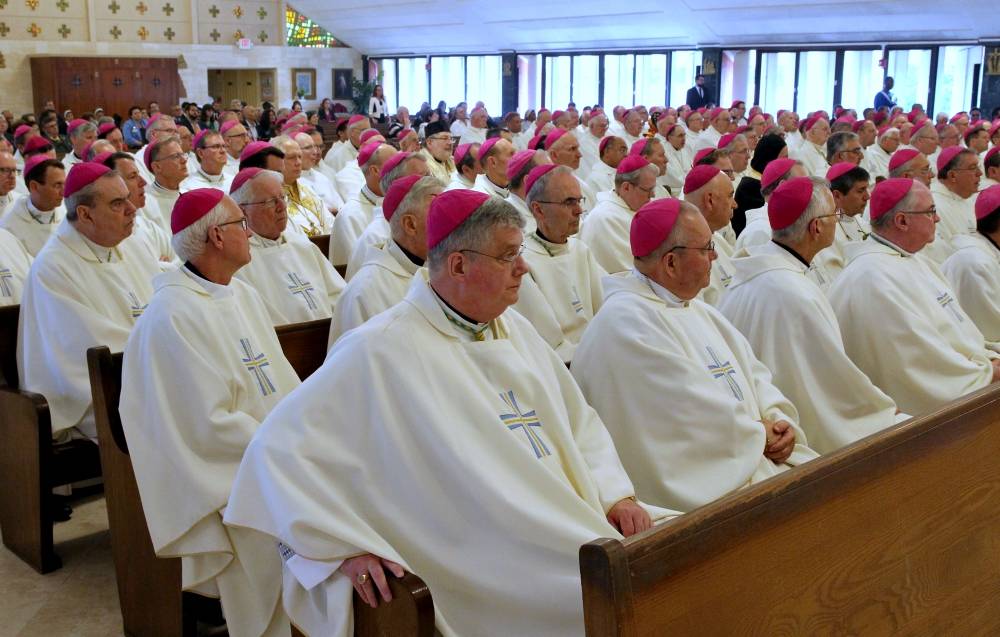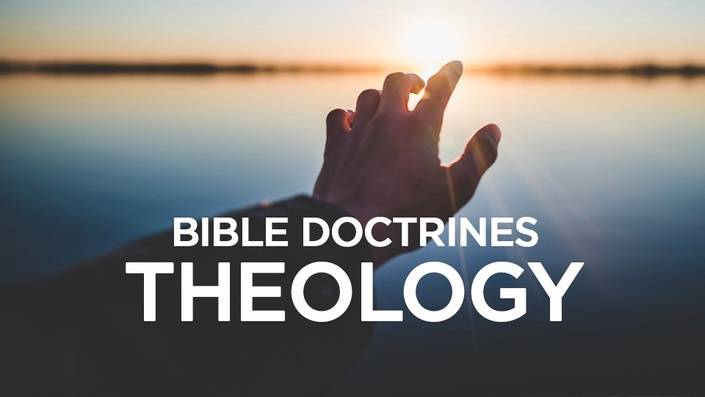THEOLOGY
AND DOCTRINE
Theology and Doctrine form the intellectual framework of
Christian belief, providing systematic reflection on the nature of God, the
universe, and humanity's relationship with the divine. This discipline
encompasses a wide array of topics, ranging from the attributes of God to the
doctrine of salvation, offering profound insights into the core tenets of the
Christian faith.
Central to theology is the exploration of God's nature and
character. Scholars delve into questions of divine sovereignty, omnipotence,
omniscience, and omnipresence, seeking to comprehend the ineffable mystery of
the Almighty. Through rigorous study of scripture, tradition, and reason,
theologians strive to articulate a coherent understanding of God that honors
both the transcendence and immanence of the divine.
Moreover, theology grapples with the complex interplay
between divine sovereignty and human freedom, addressing questions of
predestination, free will, and providence. This theological tension underscores
the dynamic relationship between God's overarching plan for creation and
humanity's moral agency, inviting reflection on the mystery of God's purposes
amidst the contingencies of human history.
Doctrine, on the other hand, entails the systematic
formulation of beliefs based on the teachings of scripture and tradition. It
encompasses foundational doctrines such as the Trinity, the Incarnation, and
the atonement, serving as doctrinal touchstones that define orthodoxy and guide
Christian faith and practice. Through careful exegetical analysis and
theological reflection, doctrines are articulated, defended, and elucidated,
providing a coherent framework for understanding the mysteries of the faith.
Furthermore, theology and doctrine engage with contemporary
challenges and cultural contexts, addressing pressing issues such as pluralism,
secularism, and religious pluralism. Theological reflection informs ethical
discernment, guiding believers in navigating moral dilemmas and ethical
quandaries with wisdom and discernment.
In conclusion, theology and doctrine serve as pillars of Christian thought, providing a robust framework for understanding the nature of God and the universe. Through rigorous inquiry, theological reflection, and doctrinal formulation, scholars and theologians seek to articulate a coherent vision of the Christian faith that engages both heart and mind, inspiring believers to deeper devotion, intellectual humility, and ethical discernment in their journey of faith.




No comments yet
Be the first to share your thoughts!